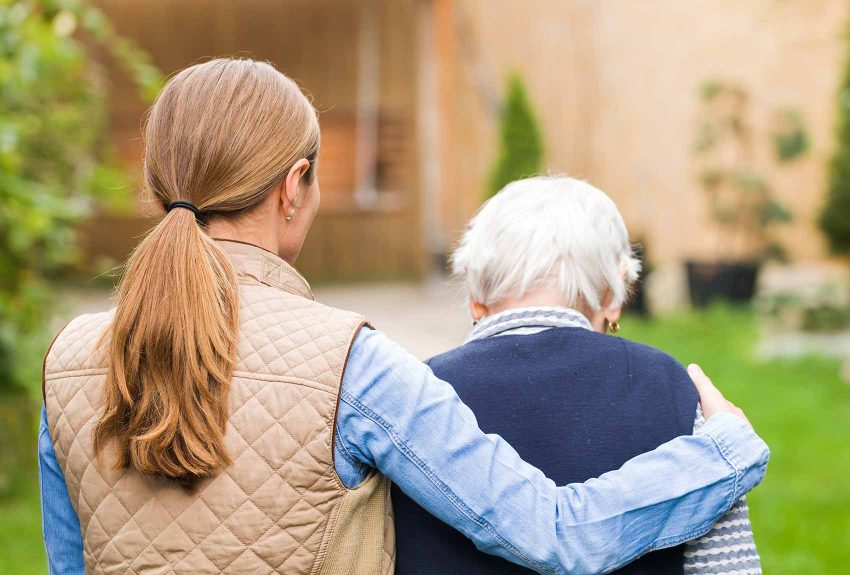We can help you take care
of your loved ones
in the environment they know
and appreciate the most
of your loved ones
in the environment they know
and appreciate the most
their own home.
Alzheimer’s disease is difficult for a family, but help is available.
When you live with someone suffering from Alzheimer’s, that person can quickly become a constant source of worry. You don’t dare leave him or her alone once confusion and memory loss set in. It’s a perfectly normal reaction. You fear for your loved one’s safety and well-being. These concerns are valid, but they end up affecting the whole family. You aren’t alone.
Are you experiencing any of the following?
- Physical and emotional exhaustion
- Feelings of being overwhelmed by the responsibilities
- Anxiety
- A sense of helplessness
- Sadness or resignation
If so, we want you to know that we’re here to offer the compassionate support and expertise you so desperately need to allay your fears and help you cope with the physical and cognitive changes in someone you care about.
Our caregivers are meticulously trained to help, ensuring that patients are able to maintain a pleasant daily routine in the comfort and familiarity of their own homes and in keeping with their individual preferences and lifestyles.
We adapt to you. Not the other way around.
Specialized care for Alzheimer’s and other forms of dementia
Specialized care for Alzheimer’s and other forms of dementia

Research shows that people suffering from Alzheimer’s are more at ease in a familiar environment. However, it’s equally important for caregivers to make an investment in getting to know their patients. Naturally, being at home where there are points of reference will help patients overcome the challenges associated with memory loss. But it’s also important to explore each individual’s personal interests and passions.
Here’s our mission, combining expertise and empathy.
To develop a healthy, compassionate human relationship in order to offer the support and the physical and intellectual stimulation that are vital to the individual and comforting to the individual’s family.
Our caregiver-companions rely on a human connection with their clients suffering from dementia or Alzheimer’s so they can develop the kind of care and activities that are perfectly suited to each individual. This may include the following:
- Encouraging their independence to do the things they’re still able to do themselves
- Offering activities that are intellectually or physically stimulating in keeping with their individual interests
- Supporting the family in coping with the changes in their loved one’s behavior
- Integrating and adapting our approach according to the progression of the disease


